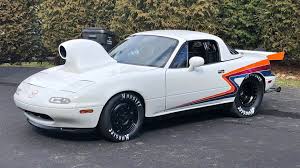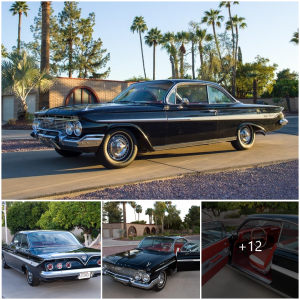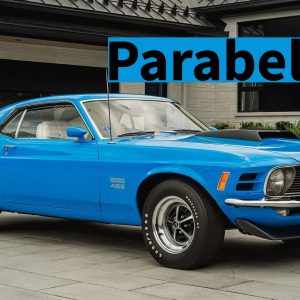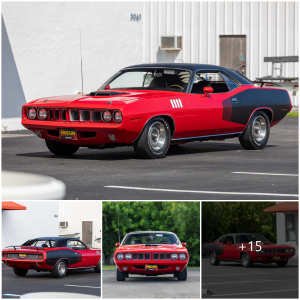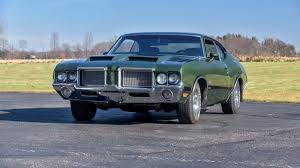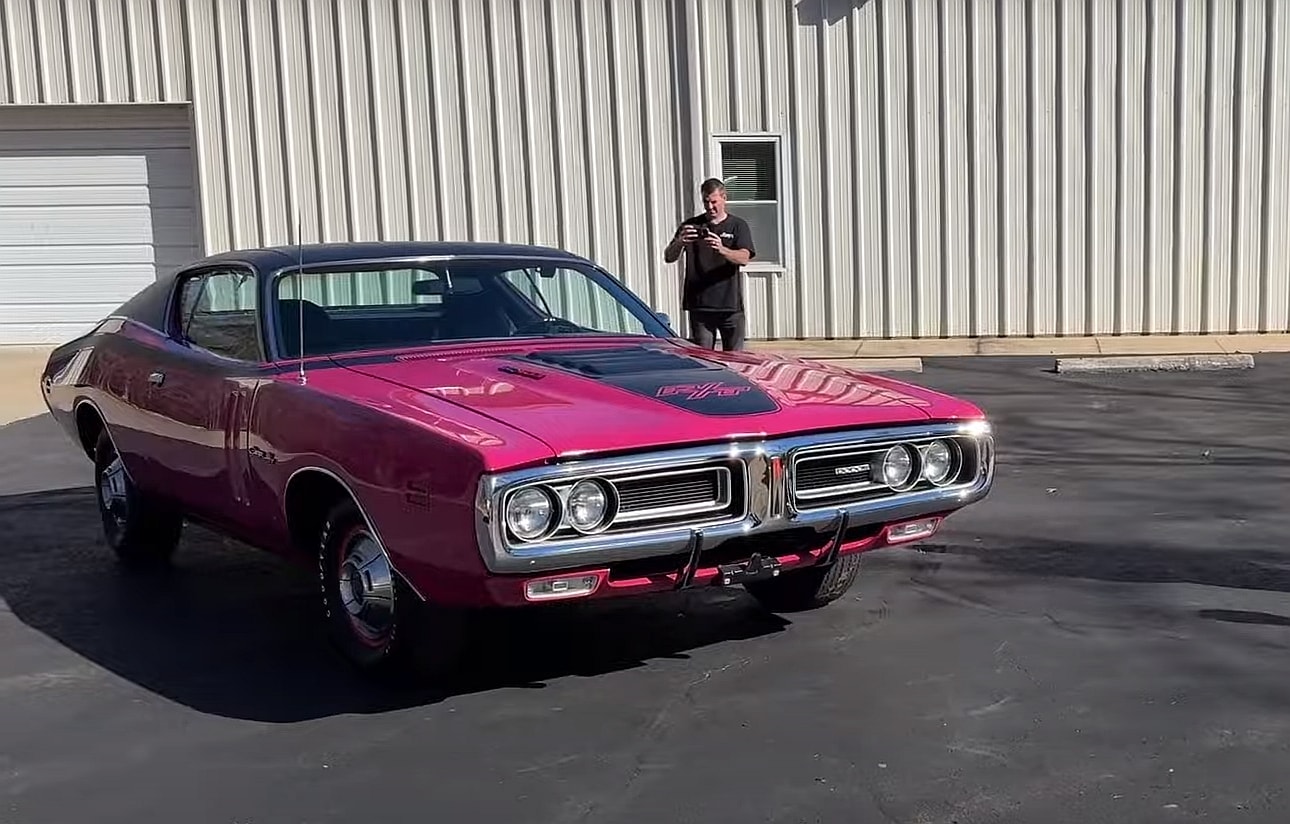
Mopars from the golden muscle car era are primarily famous for their high-compression V8 engines. Most of them also stand out thanks to their aggressive styling cues. Then there’s the High-Impact color palette, which dressed these high-performance Dodges and Plymouth in bright, flashy hues that are impossible to ignore.
Chrysler began offering High-Impact colors during the 1969 model year. The initial rollout included Bright Green, Go Mango, HEMI Orange, and Butterscotch. The company then added Plum Crazy, Sublime, Green Go, Panther Pink, and Top Banana in 1970.

1971 saw the introduction of the last High-Impact color, Citron Yella. At the time, Chrysler had already phased out some of the previous hues. HEMI Orange and Top Banana were the only colors available in 1972, while the latter remained the sole offering in 1973. Overall, Dodge and Plymouth offered ten paints.

Some of these colors are quite a rare sight today. Bright Green is perhaps the scarcest because it was only available as a 1969 spring color for a few months. Sublime and Citroen Yella were available for only one model year. Then there’s Panther Pink, an evasive hue regardless of the nameplate.
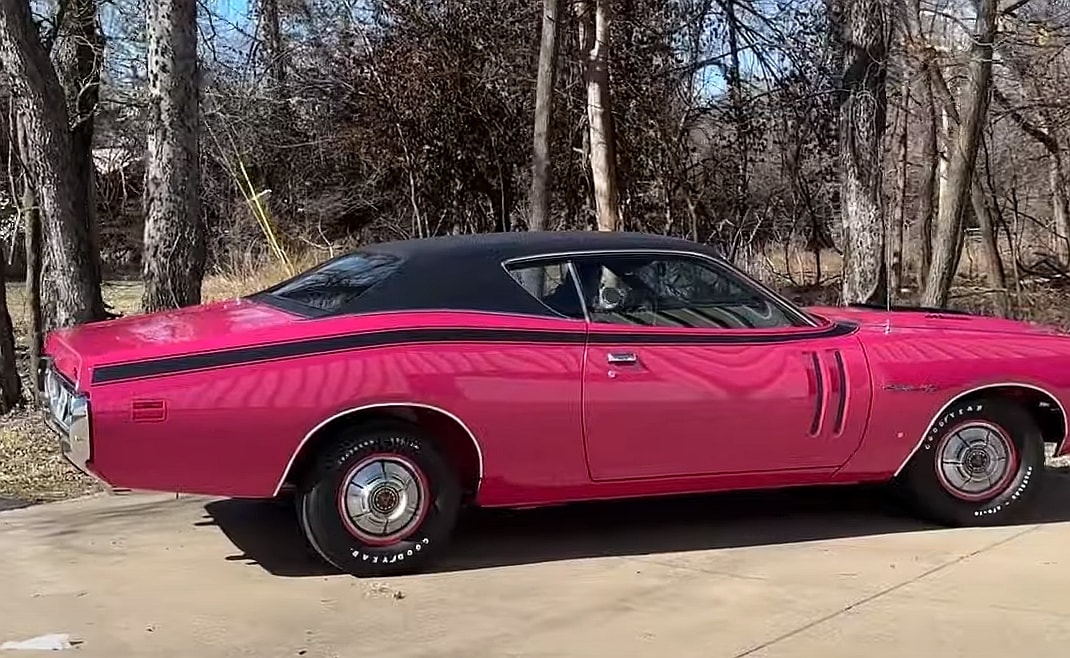
Also a spring color, Panther Pink (or Moulin Rouge on Plymouth models) was on the options list for a couple of months for the 1970 model year. And in addition to being short-lived, it was far from popular. Deemed to feminine for an era defined by high-performance engines, it found its way on only 0.5% of Mopars. Or at least that’s what many experts agree on because there are no records to run by.
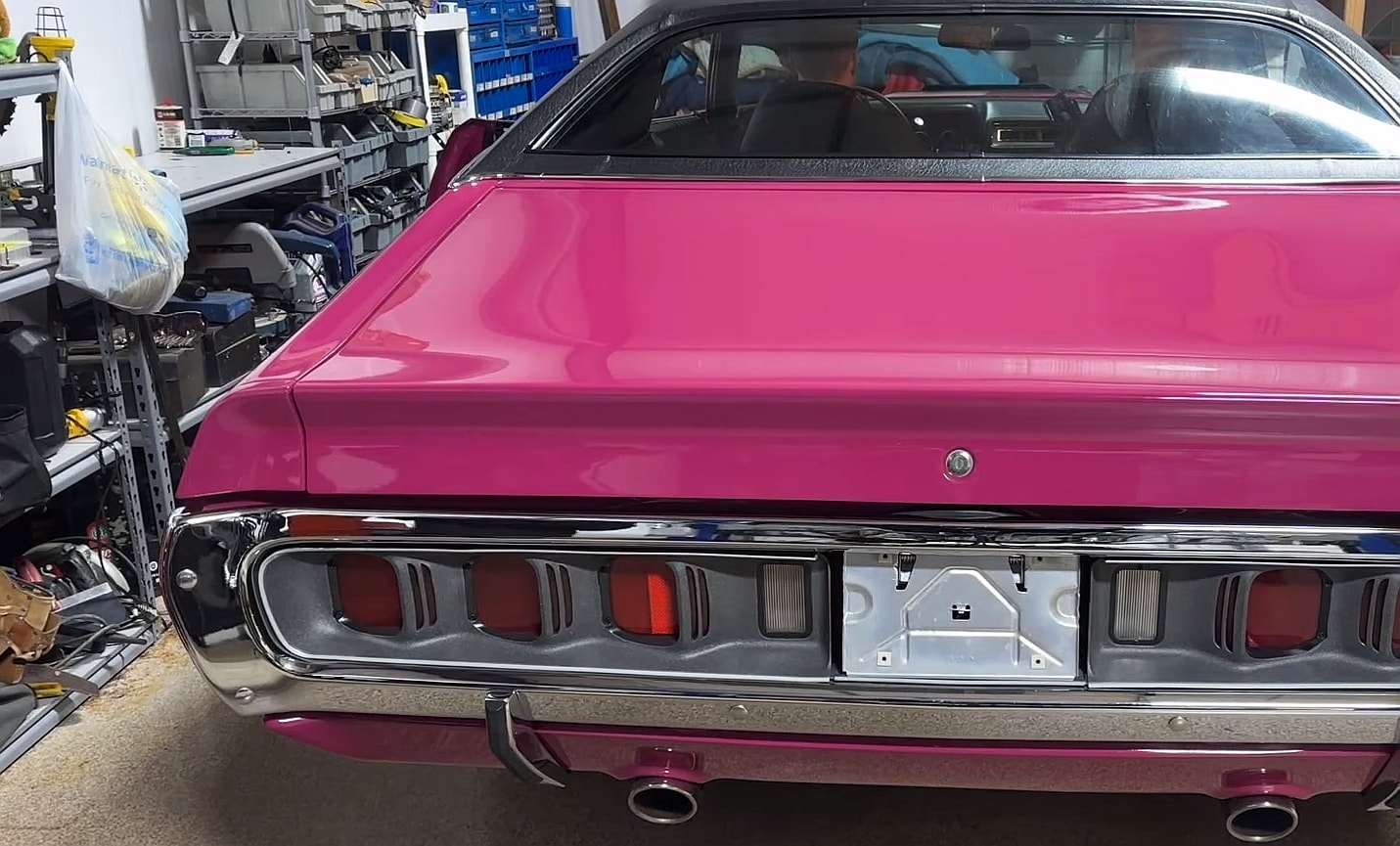
And notably fewer examples are still around today due to the low survival rate of early 1970s vehicles. Additionally, many Panther Pink rigs were repainted by second owners who couldn’t stand the color. But as rare as pink 1970-model-year Mopars are, there’s an even rarer breed of Panther Pink vehicles. Those that were produced in 1971.
Yes, the consensus is that Chrysler discontinued the FM3-coded paint in 1970, but that’s not actually true. It turns out the hue remained on the options list as a special-order color, the kid that adds a “999” on a Dodge fender tag.

It’s unclear if Plymouth did the same that year, but there are at least three 1971 Dodges factory-painted pink out there. The one you see here is the only Charger and the only big-block 1971 car known to exist.
If you think you’ve seen this car before, you’re right. I posted about it about three weeks ago when the folks at “Mopars5150” revealed it via Instagram. The showcase included two short videos and no details whatsoever. Well, now they’re back with better and longer footage on YouTube. And this Charger R/T is a sight to behold.

Although there’s no way to know that it’s the only pink Charger built in 1971, the equipment combo recommends it as a true one-of-one. In addition to being an R/T with a four-barrel 440-cubic-inch (7.2-liter), this Charger also packs a front bench and a column shifter. There’s no way Dodge produced another one just like this.
But regardless of its status, this Mopar is a gorgeous piece of Charger history that’s been restored to perfection. This rig is ready to hit the Concours d’Elegance tour, and I’m pretty sure it could snatch a few awards. But you don’t have to take my word for it. You can see for yourself in the video below.
Oh, I also need to add that this R/T is now part of the only collection that includes Pink Panther B-body cars from model years 1969, 1970, and 1971. Yup, Dodge did not offer a pink color in 1969 but built a Super Bee test car in this hue. How cool is that?

